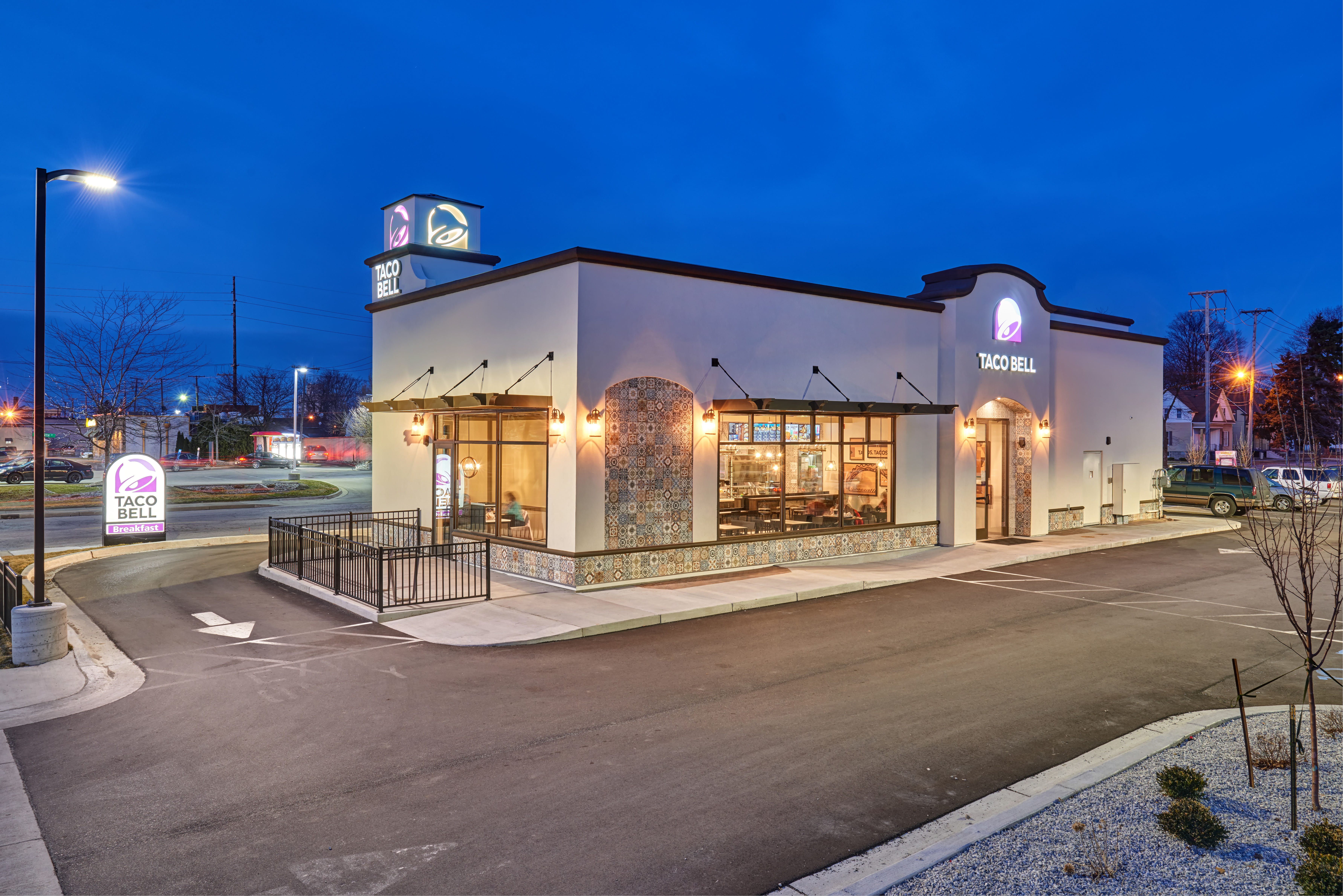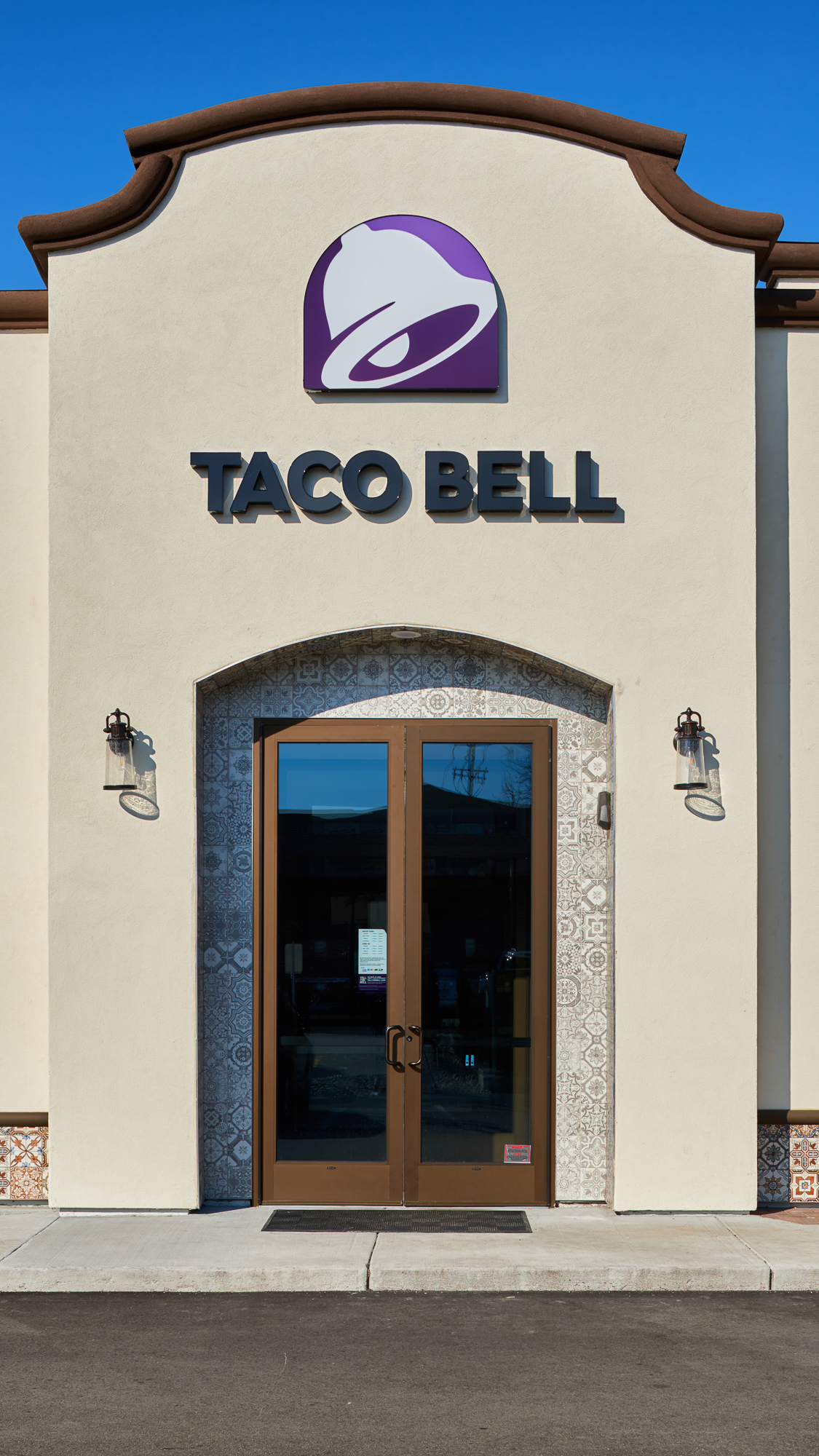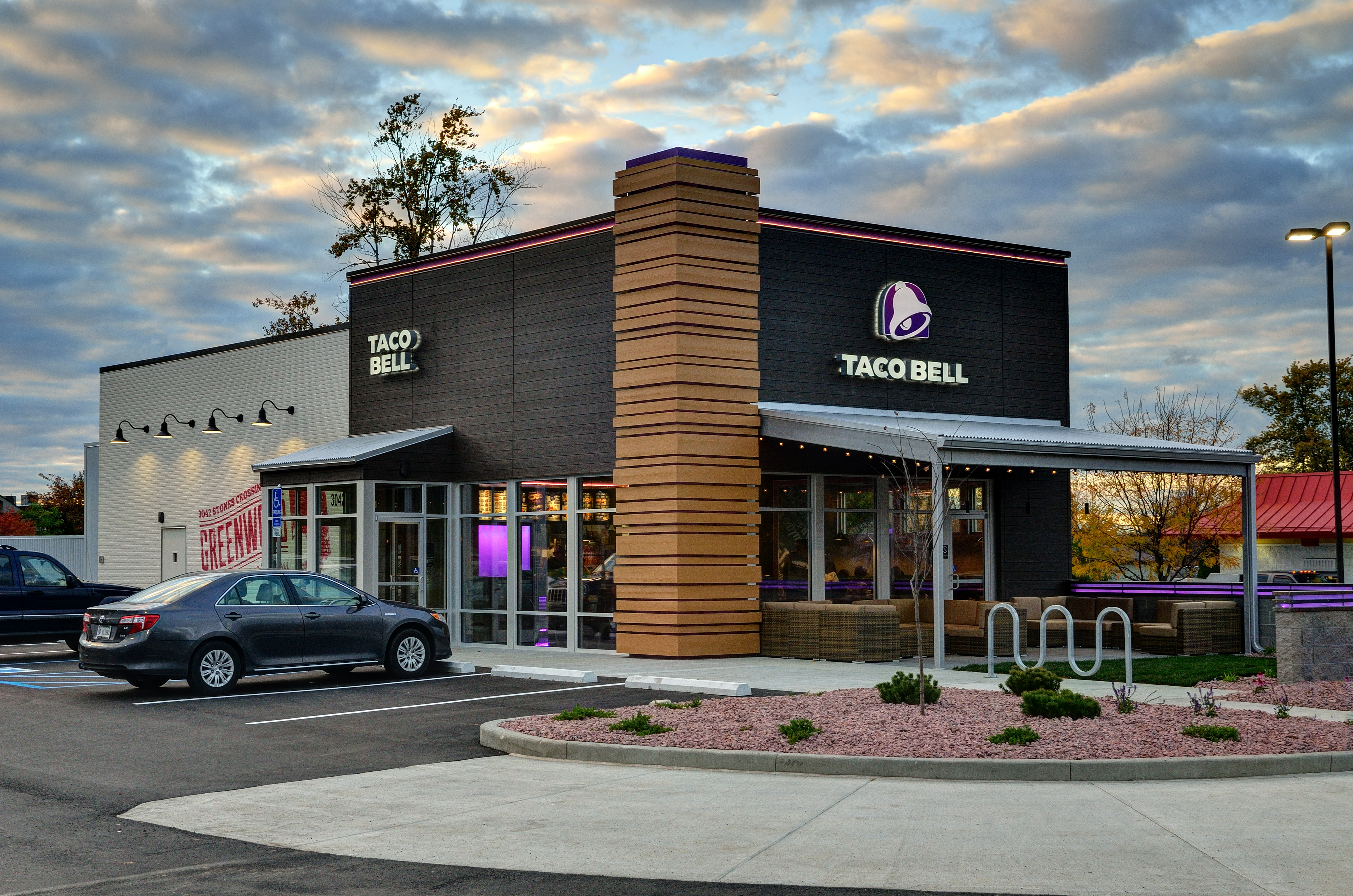Opting Out of Breakfast: Taco Bell's Menu Development Strategy
Explore Taco Bell's decision to allow franchisees to opt out of breakfast, focusing on menu optimization and enhancing lunch options. Discover the impact on the QSR industry and customer preferences.

Menu Optimization for Franchisees
Taco Bell's decision to enable franchisees to opt out of serving breakfast starting in October 2024 marks a strategic shift in the fast-food chain's menu development approach. By offering franchisees the flexibility to streamline their menus and focus on other dayparts, such as lunch and innovative offerings like the Cantina Chicken menu, Taco Bell aims to cater to evolving consumer preferences and operational efficiency.

Emphasis on Lunch and Chicken Options
Executives at Taco Bell have highlighted lunch as a significant growth opportunity for the brand, recognizing the demand for chicken options among younger consumers. During industry events like Live Mas Live, the Chief Marketing Officer, Taylor Montgomery, emphasized the importance of expanding lunch and afternoon offerings, suggesting that a broader chicken-centric menu could enhance customer frequency.
Customer-Centric Approach
The decision to allow franchisees to opt out of breakfast aligns with Taco Bell's commitment to responding to customer feedback and market trends. By focusing on menu items that resonate with their target audience, the fast-food chain can enhance customer satisfaction and drive business growth. This customer-centric approach is crucial in a competitive quick-service restaurant (QSR) landscape.

Competitive Breakfast Daypart
While some franchisees opt out of serving breakfast, Taco Bell continues to see the potential in this daypart, evident through its confidence in breakfast offerings and ongoing performance improvements. The brand's resilience in the breakfast segment, with initiatives like expanding the coffee platform and testing new breakfast items, showcases its commitment to innovation and adaptation.
Impact on the QSR Industry
Taco Bell's menu development strategy and the option for franchisees to skip breakfast could influence the broader QSR industry. As consumer preferences evolve and demand shifts towards specific dayparts and menu items, other fast-food chains might reevaluate their offerings to stay competitive and meet customer expectations. This adaptability is a key factor in navigating the dynamic QSR landscape.
Future Trends and Adaptation
Looking ahead, Taco Bell's move to optimize menus and focus on lunch and innovative menu items reflects a broader trend in the industry towards customization and agility. By constantly testing and evolving their offerings to align with changing consumer behaviors, fast-food brands can stay relevant and drive customer engagement. The ability to adapt quickly to market shifts will be essential for sustained success in the QSR sector.